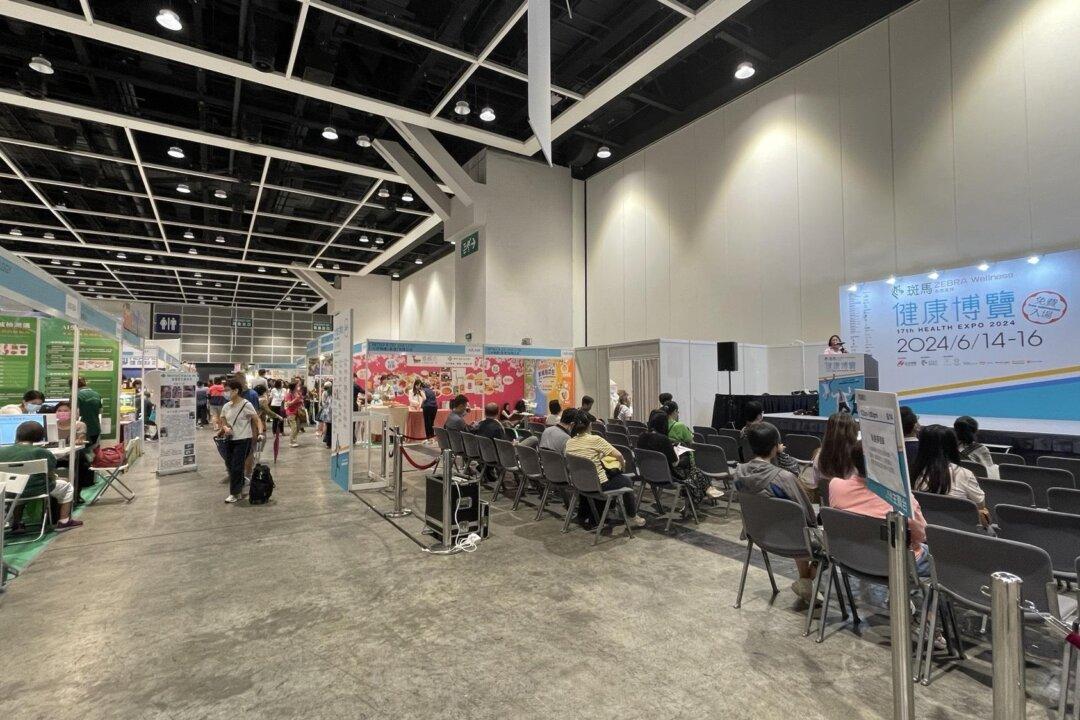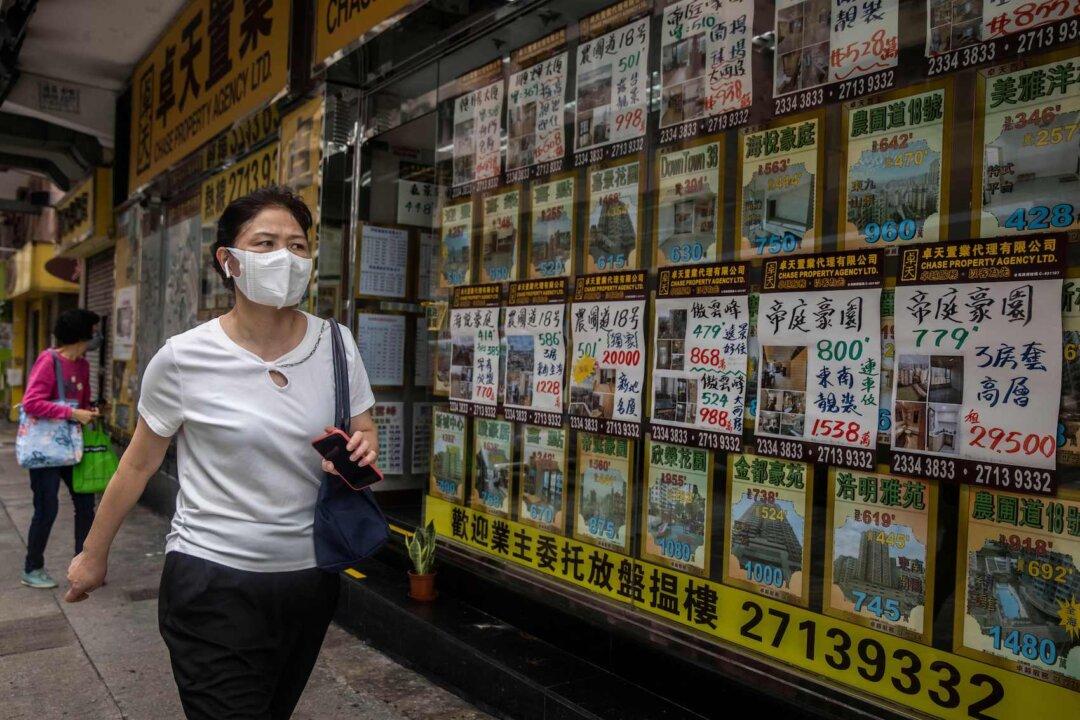News Analysis
Night Vibes Hong Kong, an annual event created to attract tourists and stimulate the slowing economy, is not as popular as authorities had hoped this year. Recent data show the night market’s attendance has dropped by nearly 40 percent compared to pre-pandemic levels.




